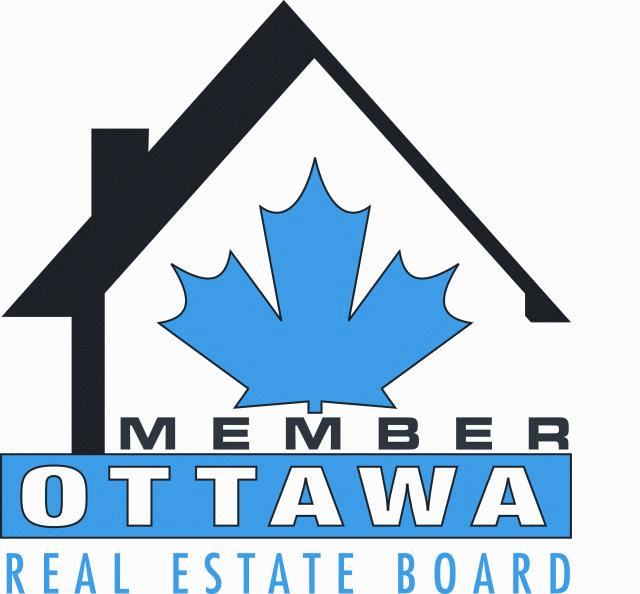
On Friday, October 15, the Canadian Real Estate Association (CREA) released its national housing statistics for the month of September. Click here for details of the Ottawa Market.
The Molly & Claude Team Realtors Ottawa, Royal LePageTeam Realty
by Claude Jobin


by Claude Jobin
by Claude Jobin
by Claude Jobin
by Claude Jobin

by Claude Jobin


by Claude Jobin


by Claude Jobin
by Claude Jobin
